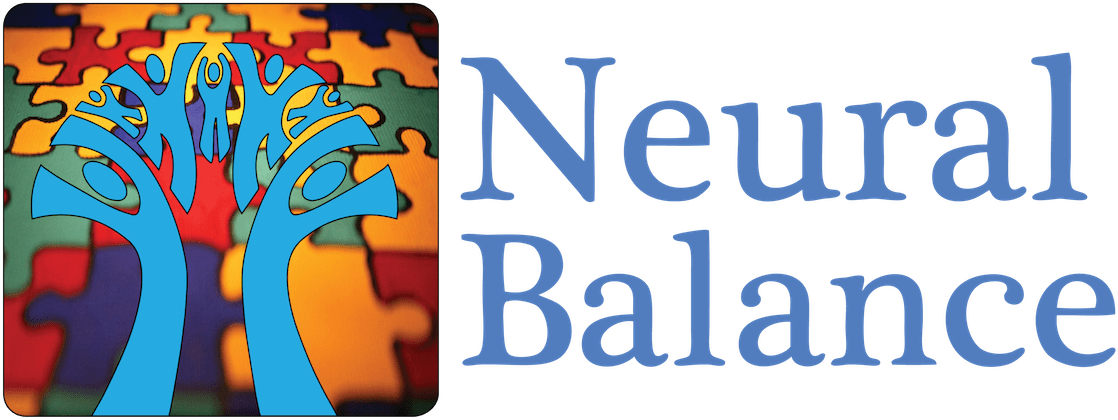
The Trump administration’s recent announcement linking acetaminophen (Tylenol) use to autism risk has stirred heated debate. Some experts dismiss the connection as “thin” or “conflicting,” while others believe this may finally shine a spotlight on an issue many parents and researchers have noticed for years.
At Neural Balance, this conversation isn’t new. For more than a decade, we’ve followed research on the endocannabinoid system (ECS) — a critical regulator of mood, learning, social behavior, and neural balance. Our own U.S. patent cites evidence that endocannabinoid dysfunction could be at the core of autism’s clinical manifestations.
What the Science Suggests
-
Acetaminophen metabolism produces AM404, which interacts with the ECS and alters endocannabinoid signaling.
-
Animal studies have shown ECS involvement in learning and social behavior (Campolongo et al., 2009; Solinas et al., 2008; Abush & Akirav, 2009).
-
Genetic variations in CB1 receptors have been tied to differences in social responsiveness (Chakrabarti et al., 2006).
-
Population data suggest autism and asthma rates rose with Tylenol use in children — and intriguingly, both rates dipped after the 1982 Tylenol cyanide scare, when consumption plummeted, only to rise again as Tylenol regained market share.
A Bigger Picture: More Than Tylenol
Acetaminophen may be one piece of the puzzle, but it’s not the whole story.
-
Some children appear especially vulnerable when multiple factors converge: repeated antibiotic use, Tylenol for fevers, and then a vaccine given during inflammation. Many parents describe this as the “perfect storm” that triggered a life-changing event.
-
Our patent highlights how early inflammatory insults in genetically predisposed children may damage the ECS, leading to excitotoxicity and long-term imbalance between GABAergic (inhibitory) and glutamatergic (excitatory) systems in the brain.
-
Other environmental triggers — from toxins to immune challenges — could interact with acetaminophen’s effects, compounding the risk.
Why the Announcement Shouldn’t Be Ignored
The Trump administration may not have all the answers, but this announcement is a call to action. Too often, early warning signs in environmental health are dismissed until it’s too late. Families deserve open, honest exploration of these possible connections.
Acetaminophen is almost universally used. If even a fraction of the evidence proves true, the implications are massive. And if acetaminophen is just one contributing factor among many, then ignoring it delays the discovery of other preventable triggers.
Our Takeaway
We urge parents, practitioners, and policymakers: don’t dismiss this conversation. The evidence may be incomplete, but it is too significant to ignore. Autism is complex, multifactorial, and deeply tied to how the brain maintains balance. If acetaminophen disrupts that balance in vulnerable children, then it may be part of the equation — and it’s time to take that seriously.
